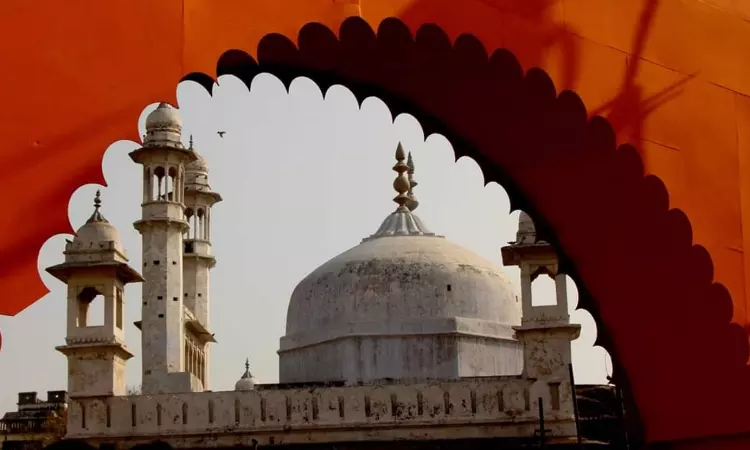Varanasi Court Reserves Order For July 21 On A Plea Seeking ASI Survey Of Gyanvapi Mosque Premises
Sparsh Upadhyay
14 July 2023 5:57 PM IST

Next Story
14 July 2023 5:57 PM IST
The Varanasi District Court today reserved its verdict on an application filed by 4 Hindu women worshippers seeking a survey of the entire Gyanvapi mosque premises by the Archaeological Survey of India (ASI) to find out as to whether the Mosque had been constructed over a pre-existing structure of the Hindu temple. The court of District Judge AK Vishwesha is likely to pronounce...
